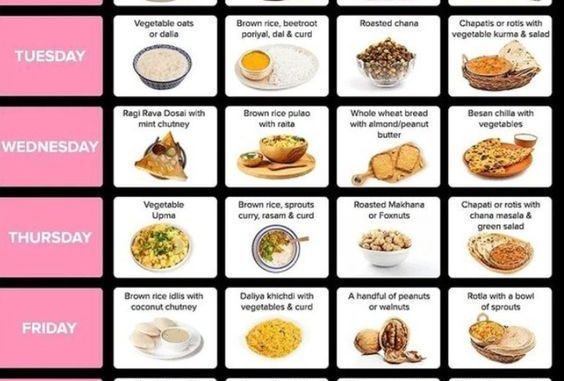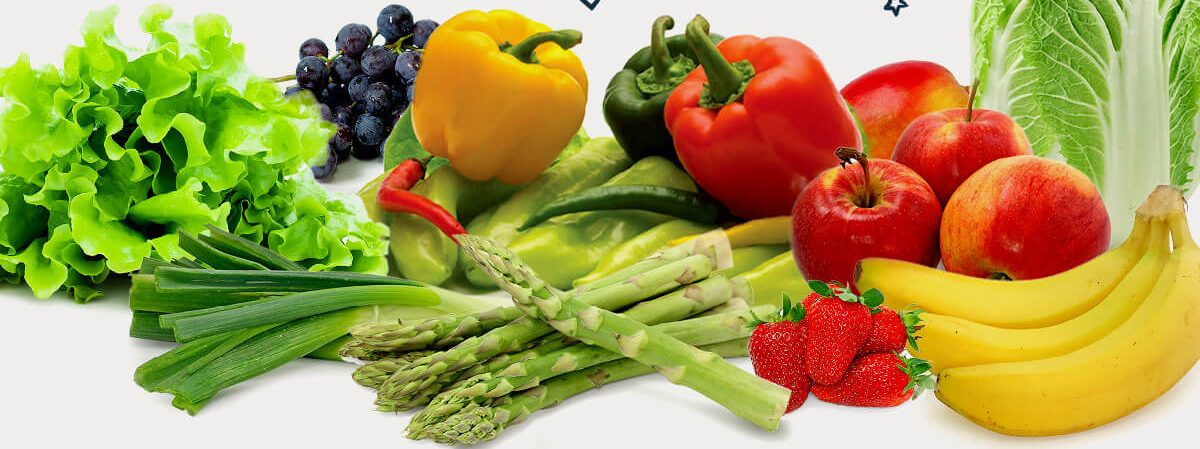
When it comes to managing your weight, one of the most crucial factors to consider is the sustainability of your diet plan. Crash diets and fad diets may help you shed pounds quickly, but they are often not sustainable in the long run and can lead to weight regain. To achieve lasting results, it is important to choose a diet plan that is healthy, balanced, and sustainable.
1. Mediterranean Diet
The Mediterranean diet is widely regarded as one of the best diet plans for sustainable weight management. This diet is rich in fruits, vegetables, whole grains, lean proteins, and healthy fats such as olive oil. The Mediterranean diet has been linked to numerous health benefits, including weight loss, reduced risk of heart disease, and improved cognitive function.
Key Features of the Mediterranean Diet:
Emphasis on plant-based foods
Healthy fats from sources like olive oil and nuts
Moderate consumption of fish and poultry
Low intake of red meat and processed foods
Regular physical activity
2. DASH Diet
The DASH (Dietary Approaches to Stop Hypertension) diet is another excellent option for sustainable weight management. Originally developed to help lower blood pressure, the DASH diet is rich in fruits, vegetables, whole grains, and low-fat dairy products. This diet also emphasizes reducing sodium intake, which can help with weight loss and overall health.
Key Features of the DASH Diet:
High in fruits and vegetables
Low-fat dairy products
Whole grains
Lean proteins like fish, poultry, and legumes
Limited consumption of red meat, sweets, and sugary beverages
3. Whole30 Diet
The Whole30 diet is a more restrictive plan that focuses on eliminating certain food groups for 30 days to reset your body and improve overall health. While this diet may not be sustainable long-term for everyone, it can be a great way to kickstart weight loss and break unhealthy eating habits.
Key Features of the Whole30 Diet:
Elimination of dairy, grains, legumes, sugar, and processed foods
Focus on whole, unprocessed foods like fruits, vegetables, and lean proteins
Emphasis on cooking at home and avoiding added sugars and artificial ingredients
4. Flexitarian Diet
The flexitarian diet is a flexible approach to eating that combines the health benefits of a vegetarian diet with occasional consumption of meat and animal products. This diet is sustainable for many people because it allows for flexibility and does not require strict adherence to any rules or restrictions.
Key Features of the Flexitarian Diet:
Emphasis on plant-based foods like fruits, vegetables, whole grains, and legumes
Moderate consumption of lean proteins like fish, poultry, and eggs
Occasional intake of red meat and other animal products
Focus on whole, unprocessed foods and mindful eating habits
Conclusion
When it comes to sustainable weight management, choosing the right diet plan is essential. The Mediterranean diet, DASH diet, Whole30 diet, and flexitarian diet are all excellent options that can help you achieve lasting results and improve your overall health. Remember that consistency and balance are key, and it’s always best to consult with a healthcare professional or nutritionist before making any significant changes to your diet.
